Evaluating Learning Styles and Their Impact on HR Management Practices
VerifiedAdded on 2023/04/17
|12
|512
|371
Report
AI Summary
This report examines the significance of learning styles and theories within Human Resource Management (HRM), particularly focusing on their application in the context of a company. It begins by exploring various learning styles, such as the Honey & Mumford model, and how they are applied in HRM practices to enhance employee development and training, using the Marriott hotel as a case study. The report highlights the importance of understanding and adapting to different learning preferences to improve employee performance and productivity. Furthermore, it emphasizes the role of learning curves and knowledge transfer in fostering continuous improvement and efficiency within the organization. Finally, it discusses the significance of aligning learning theories with the company's objectives to create effective and focused training programs. The report incorporates references to relevant academic literature to support its findings.
1 out of 12
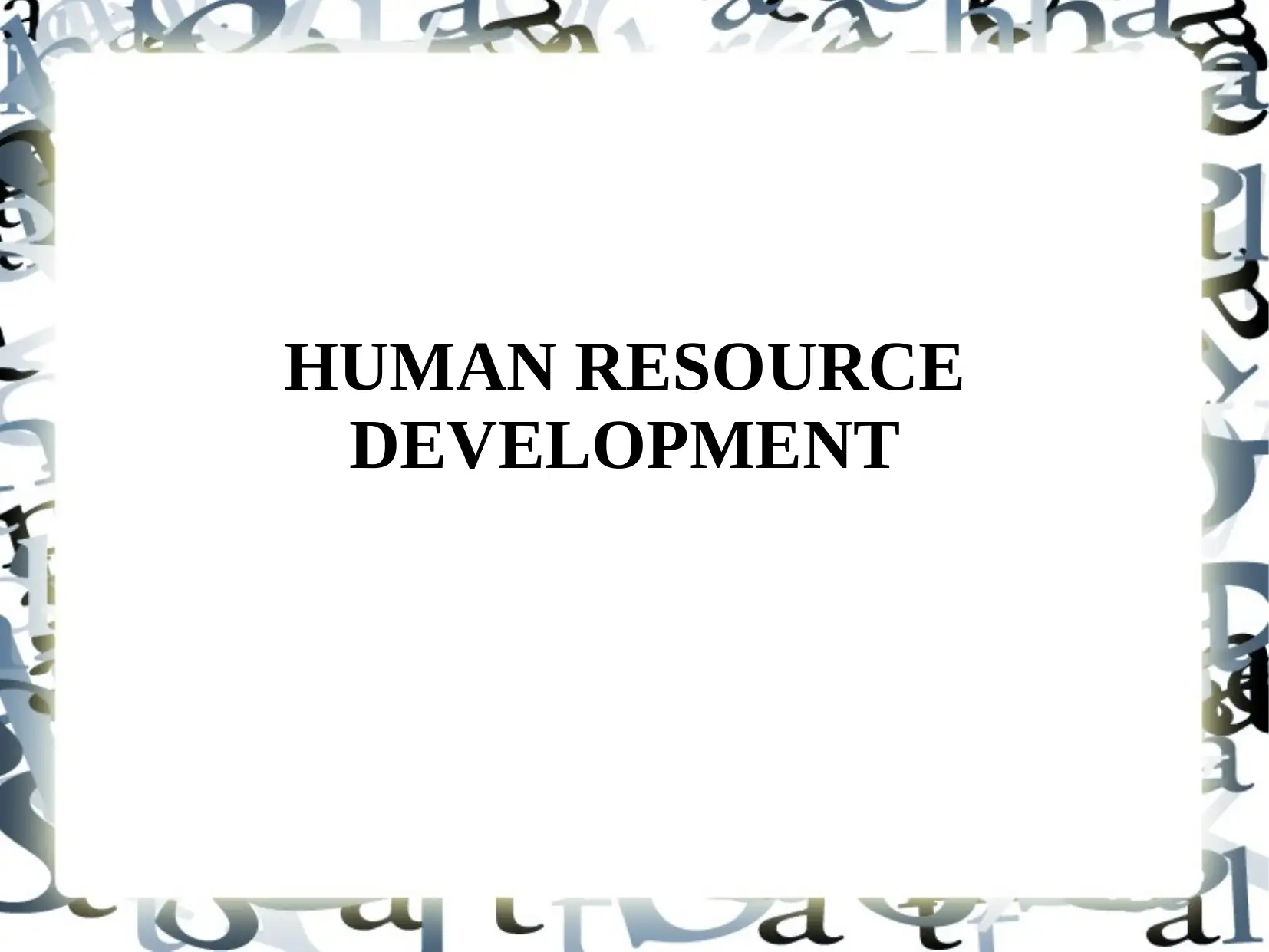
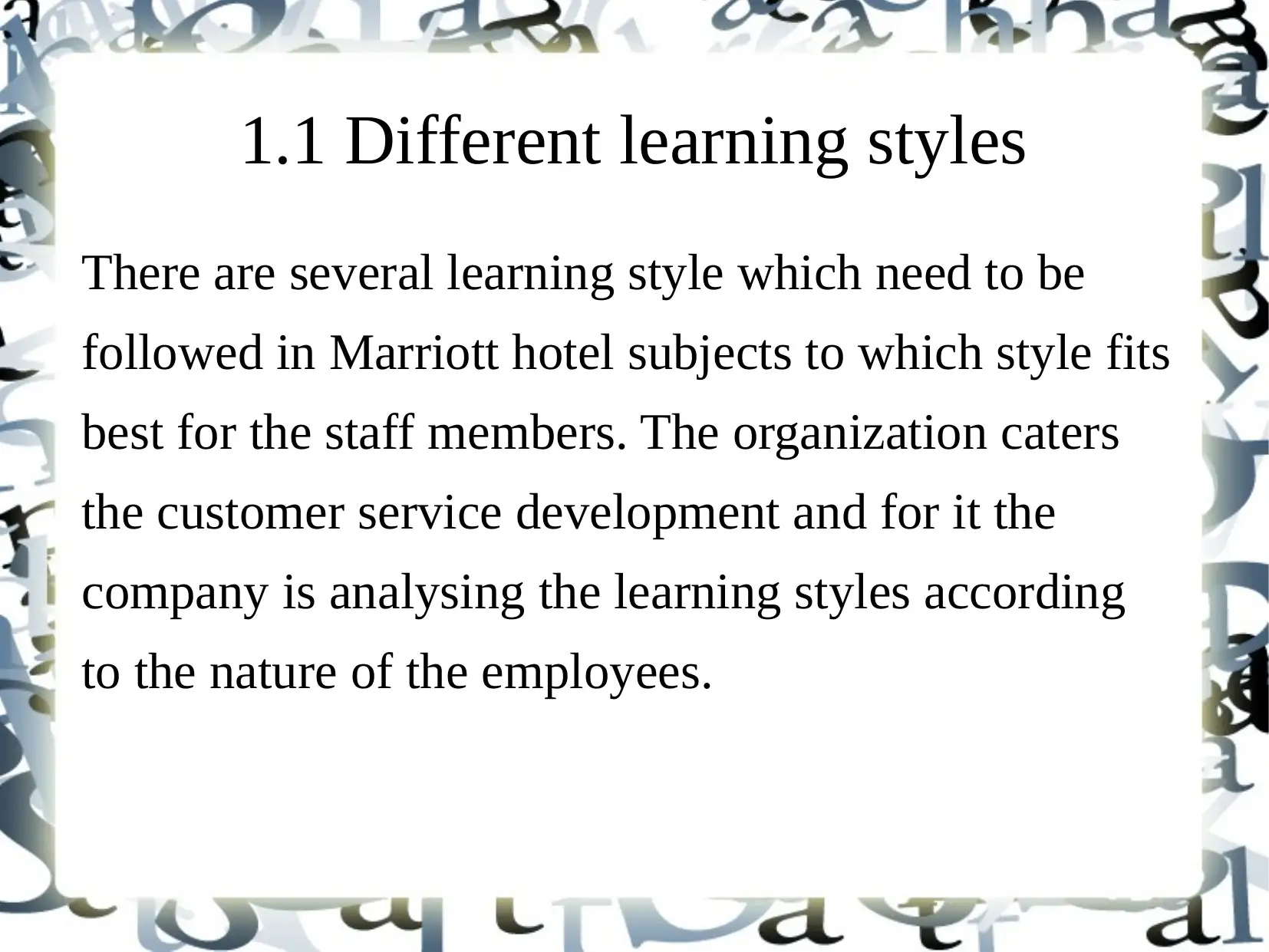
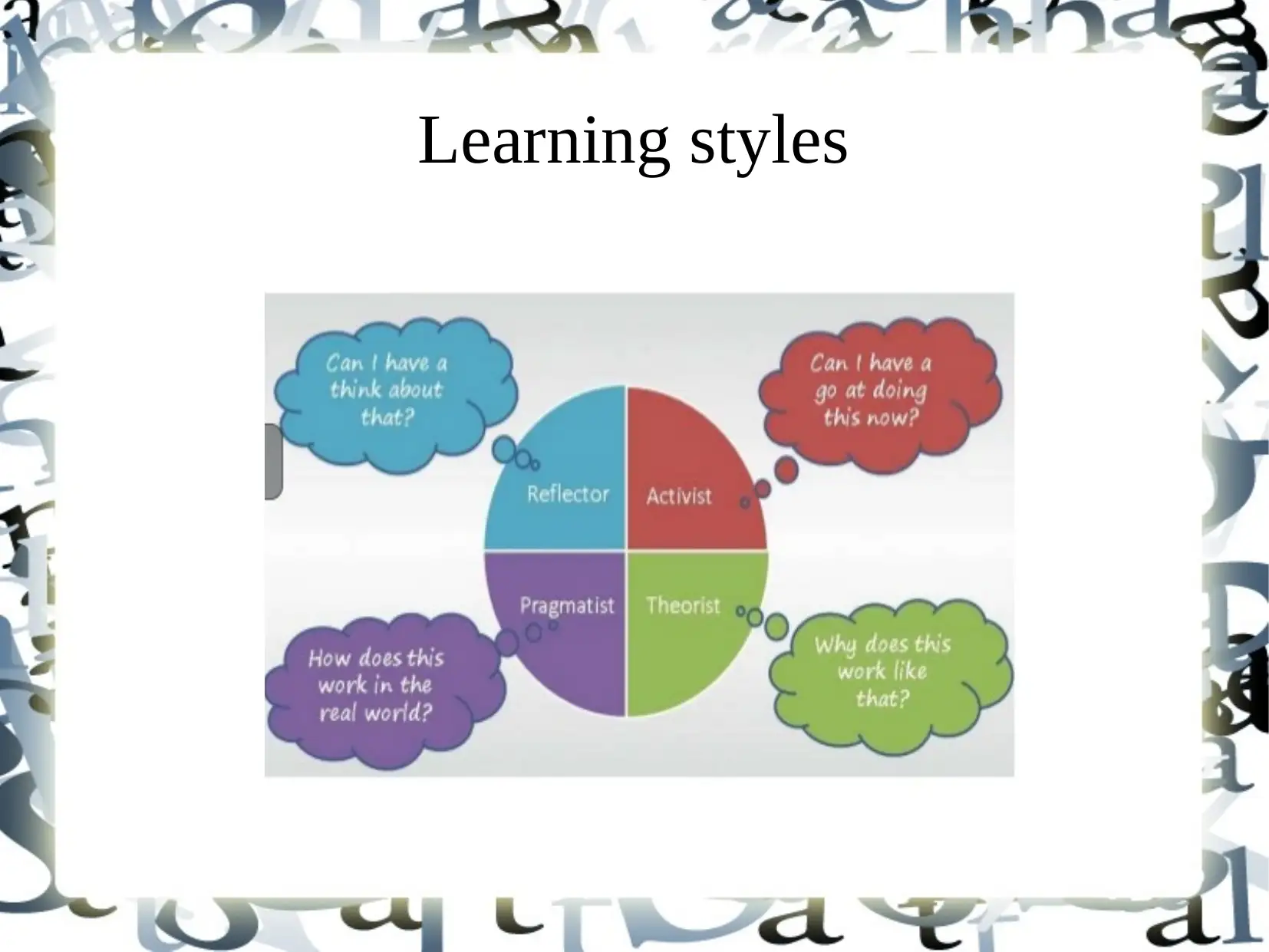

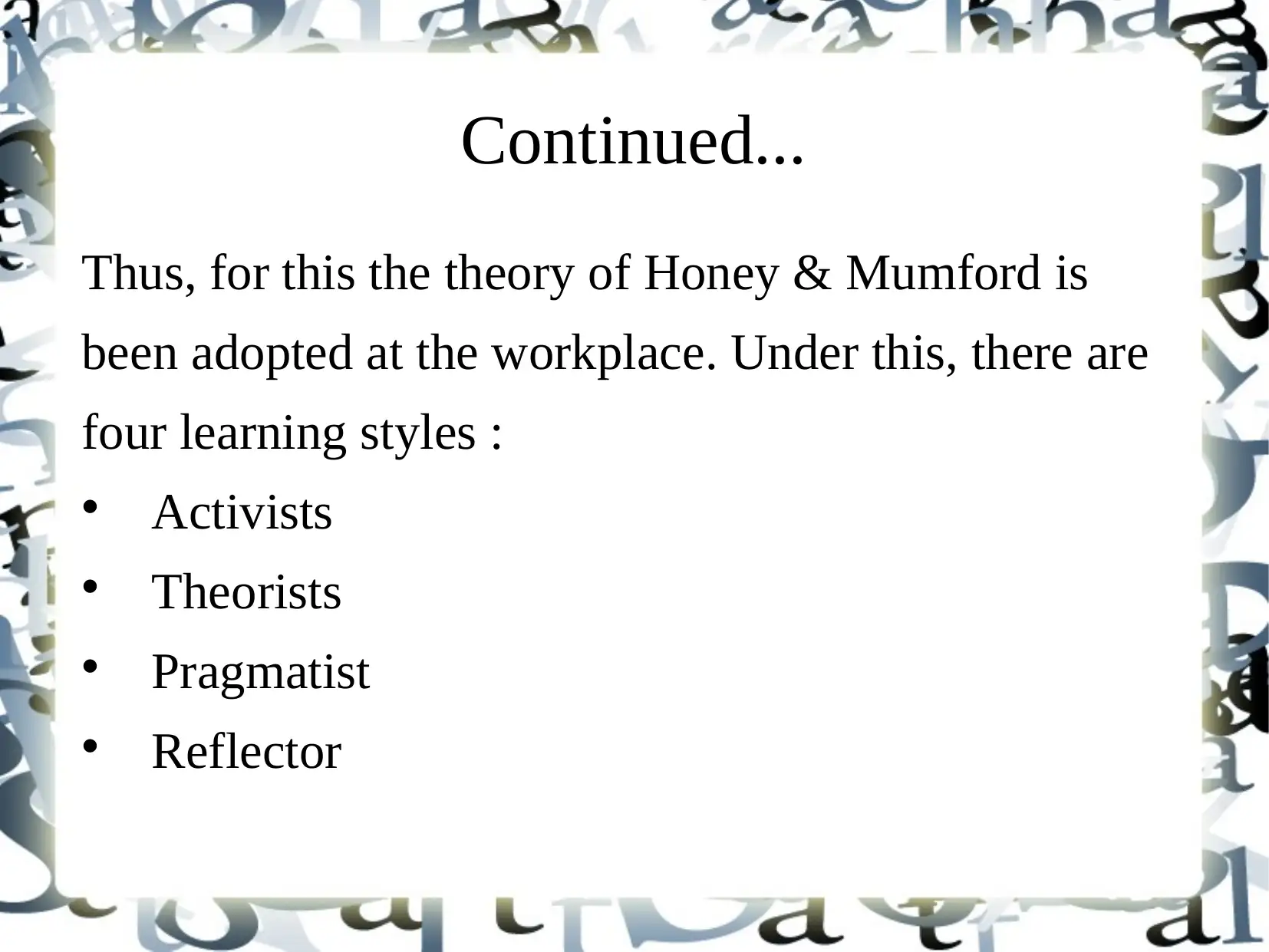
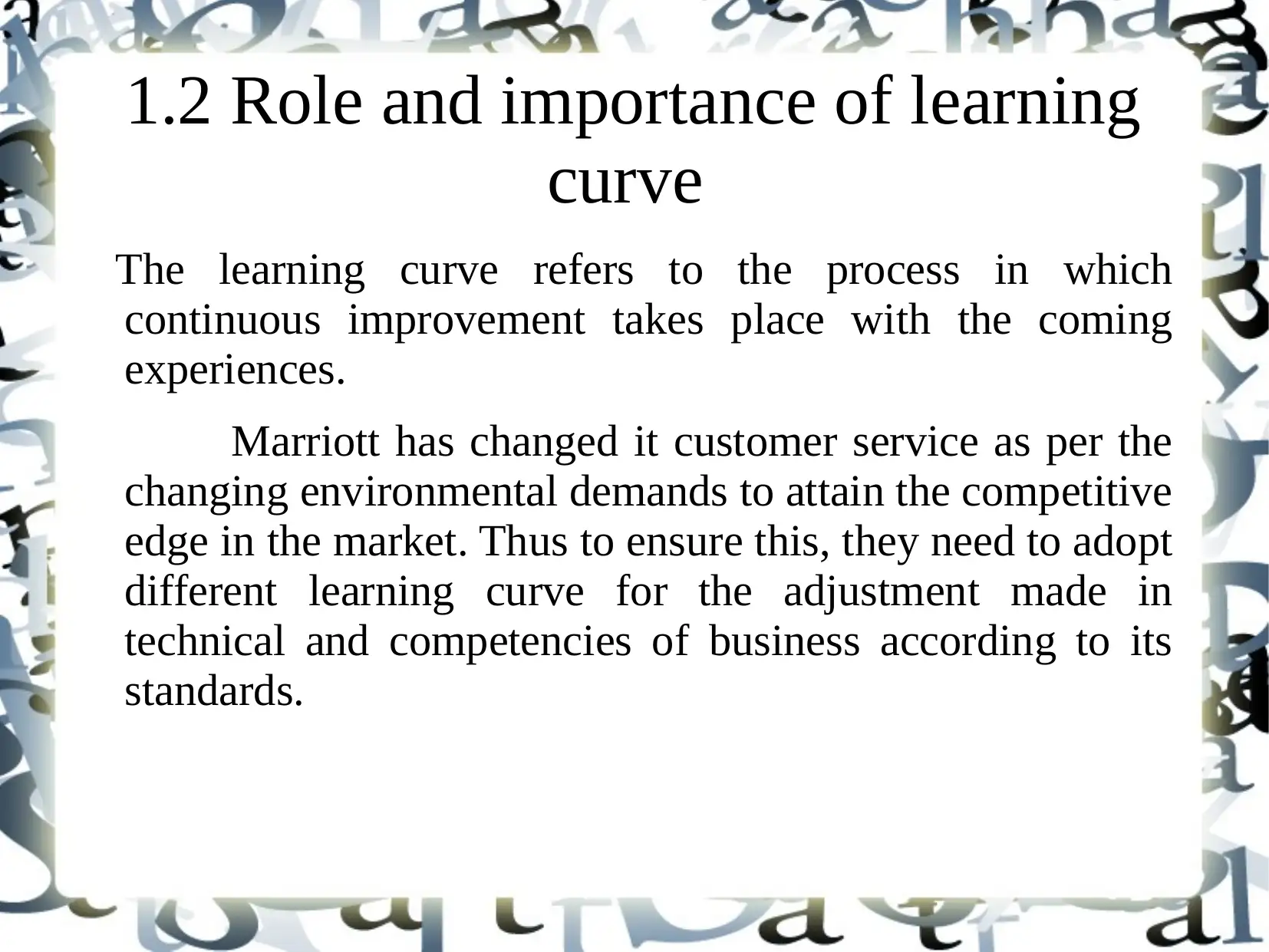
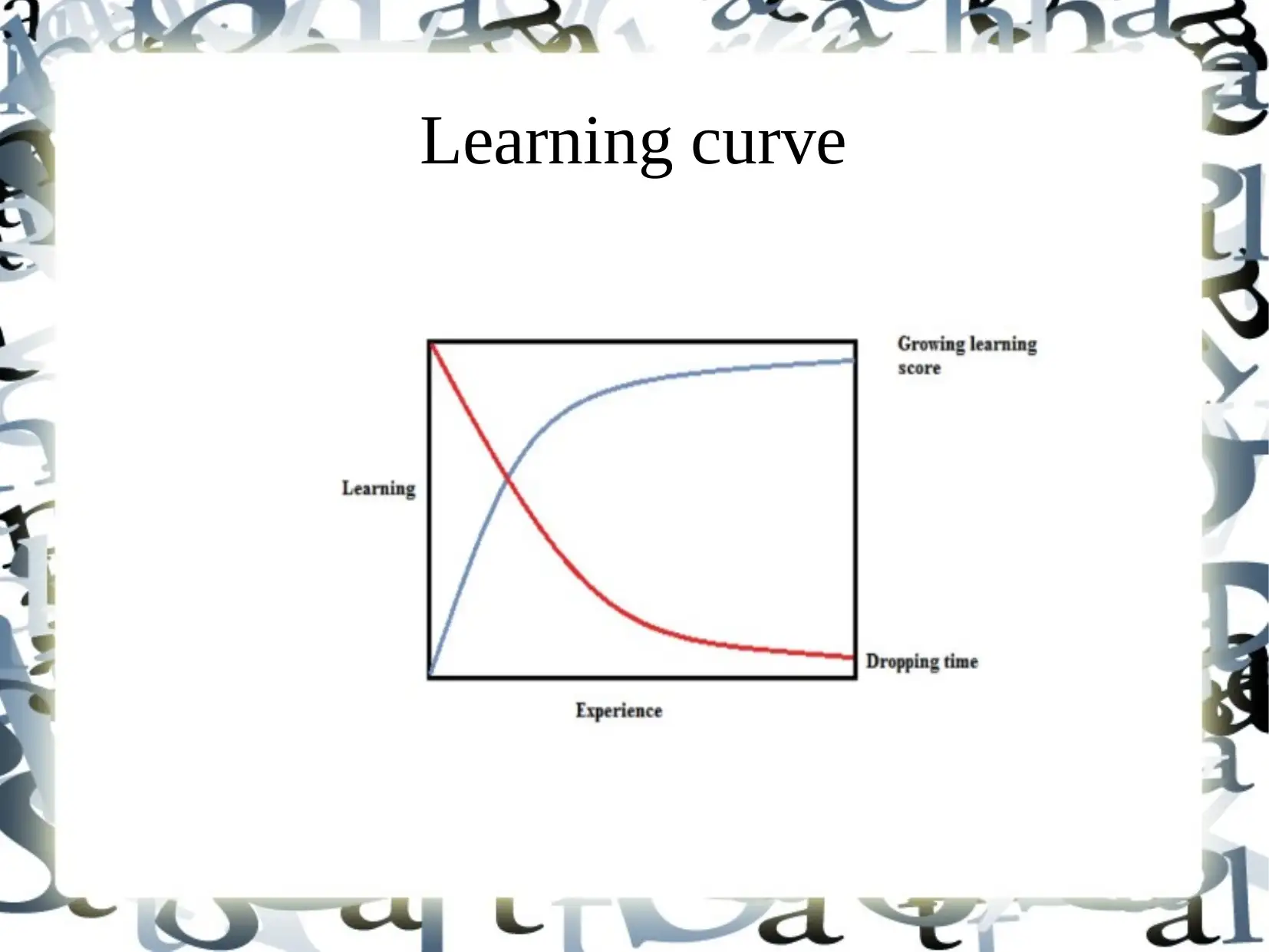
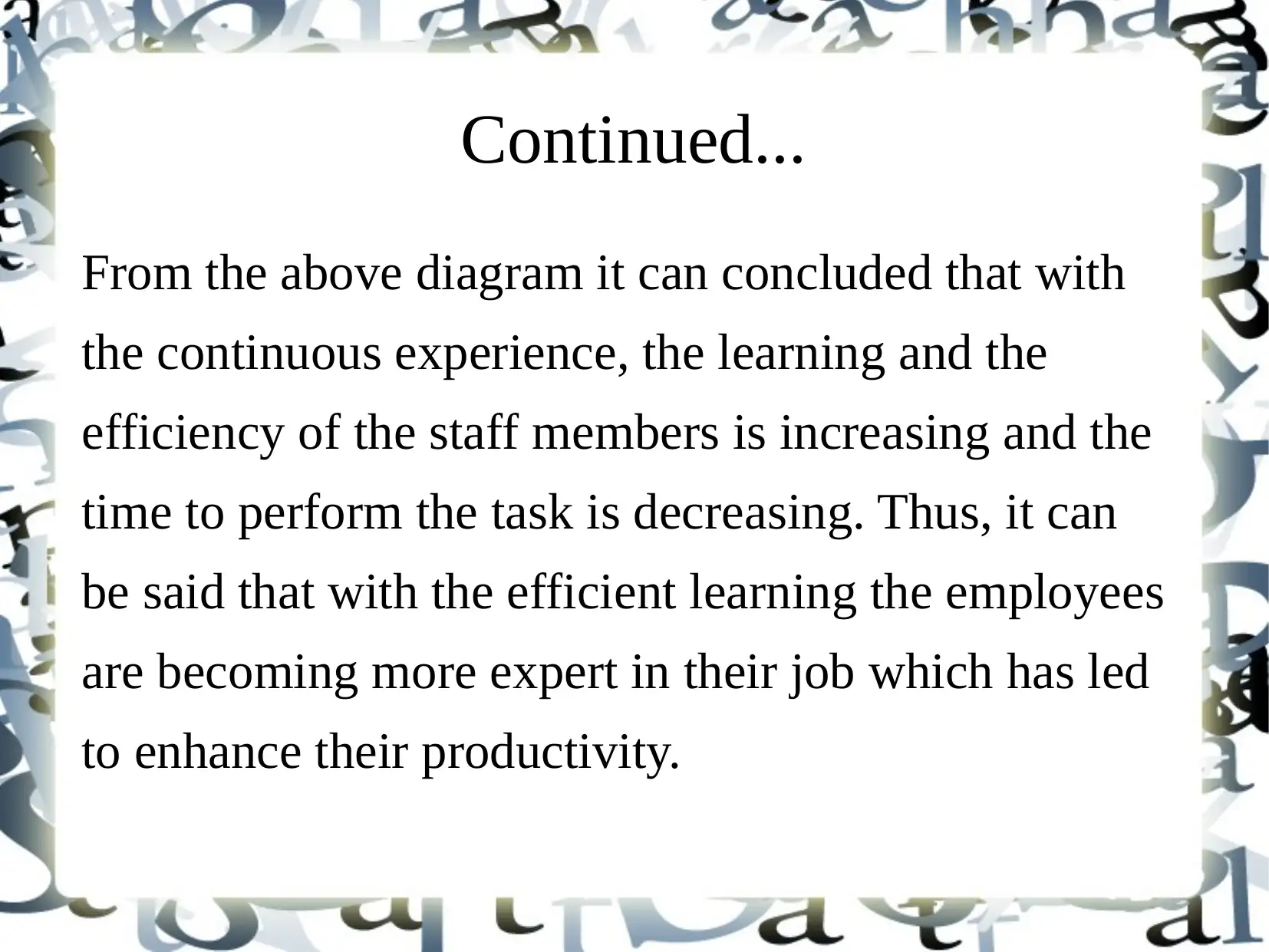
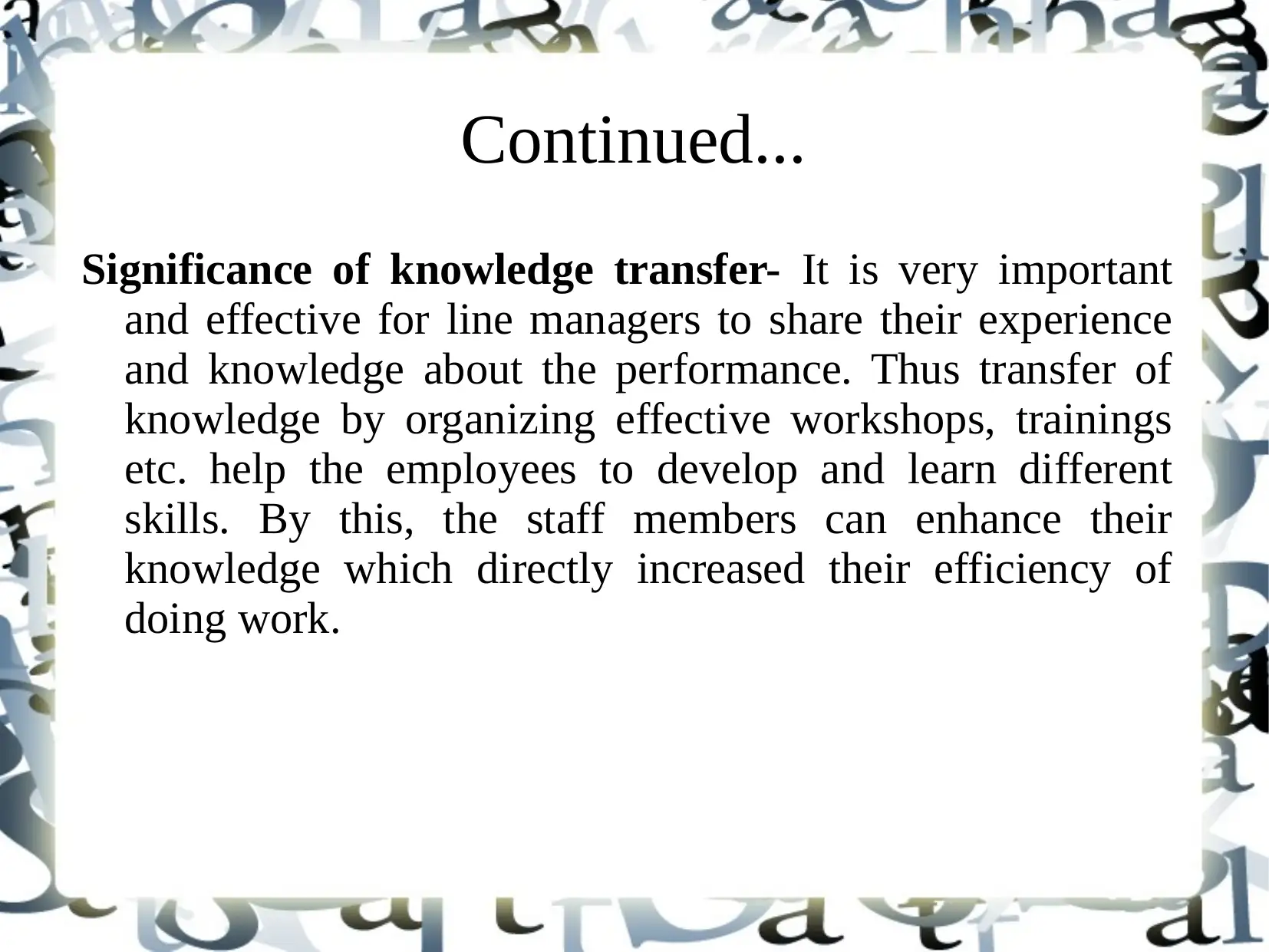
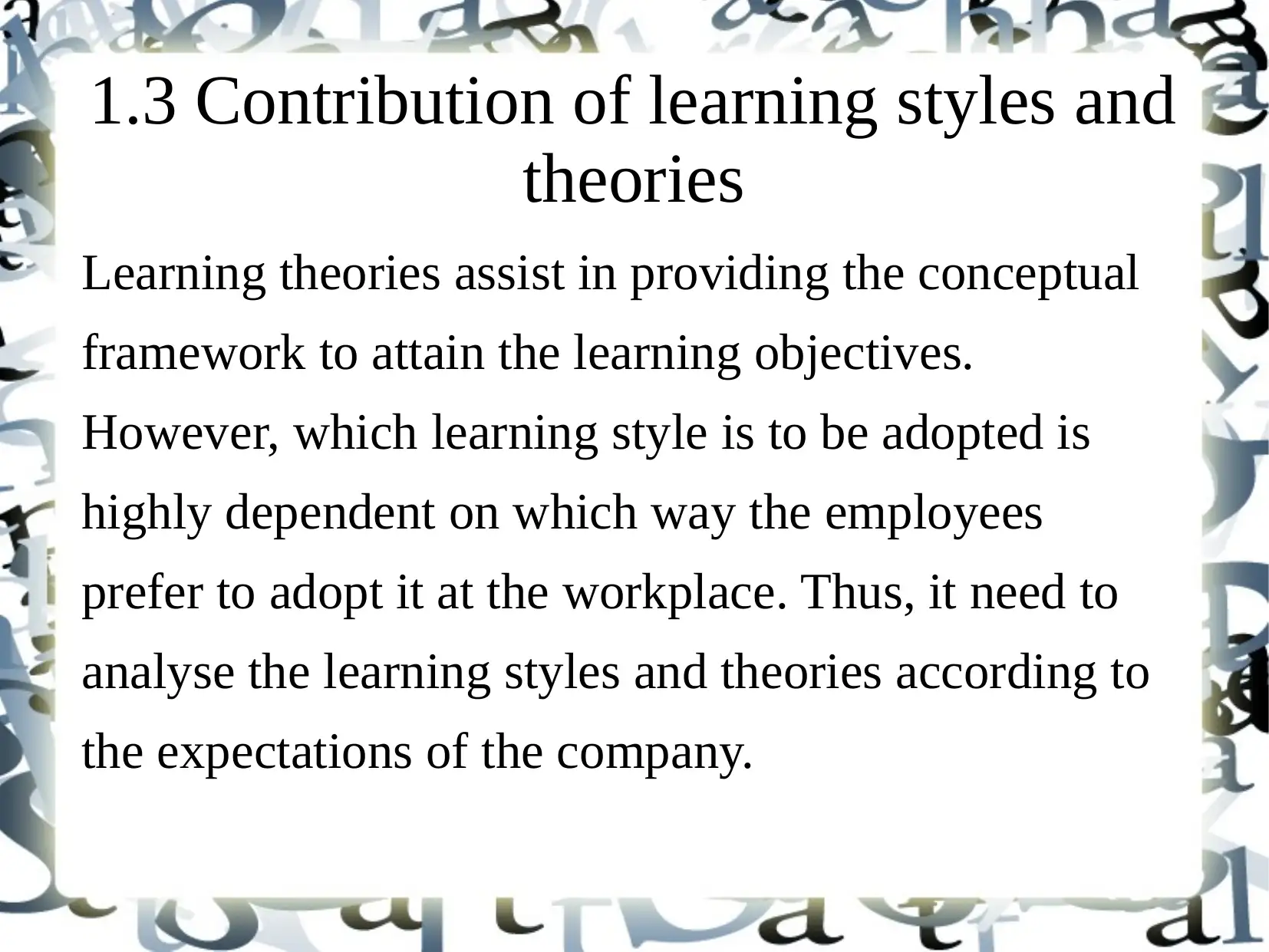
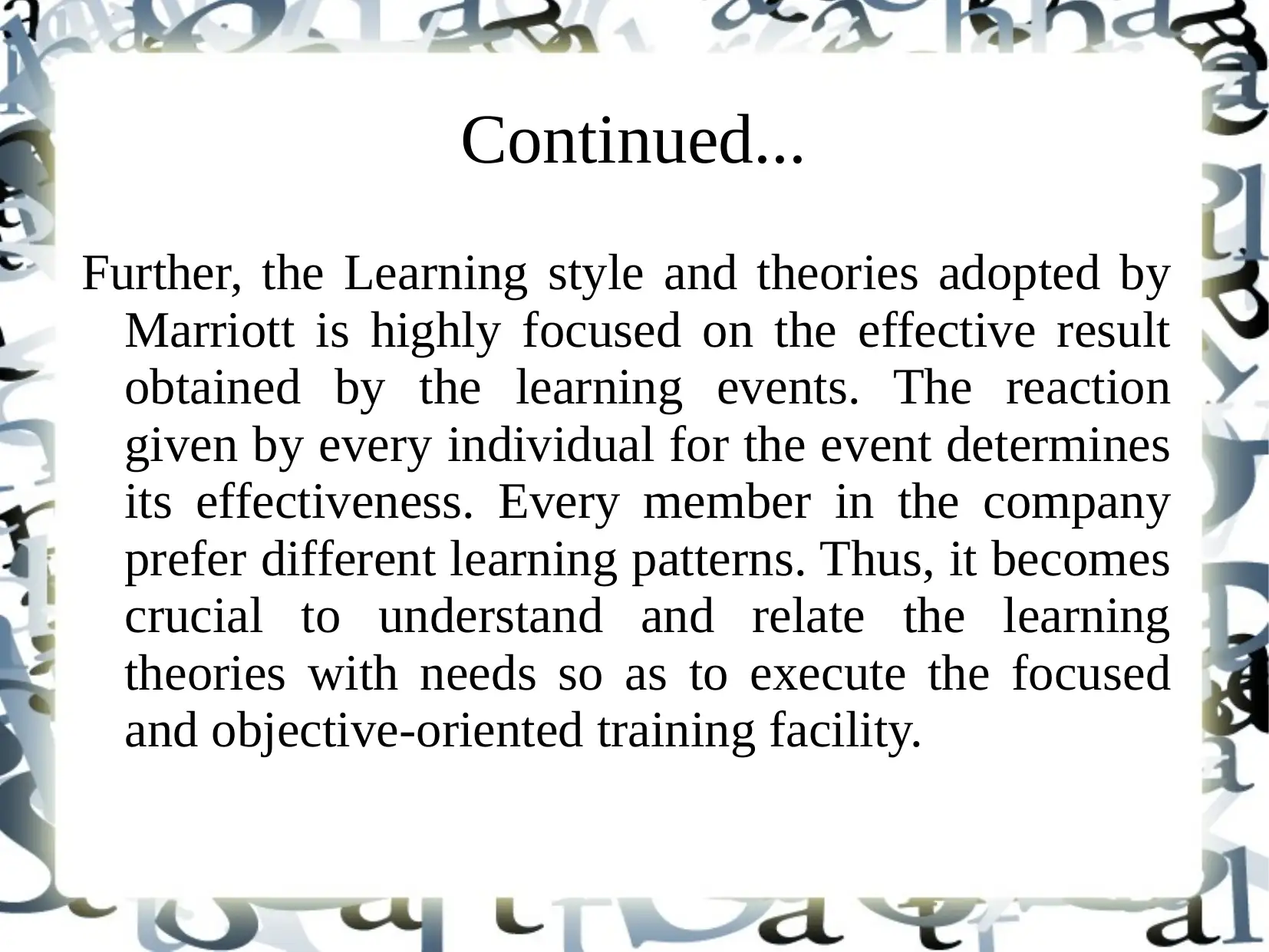
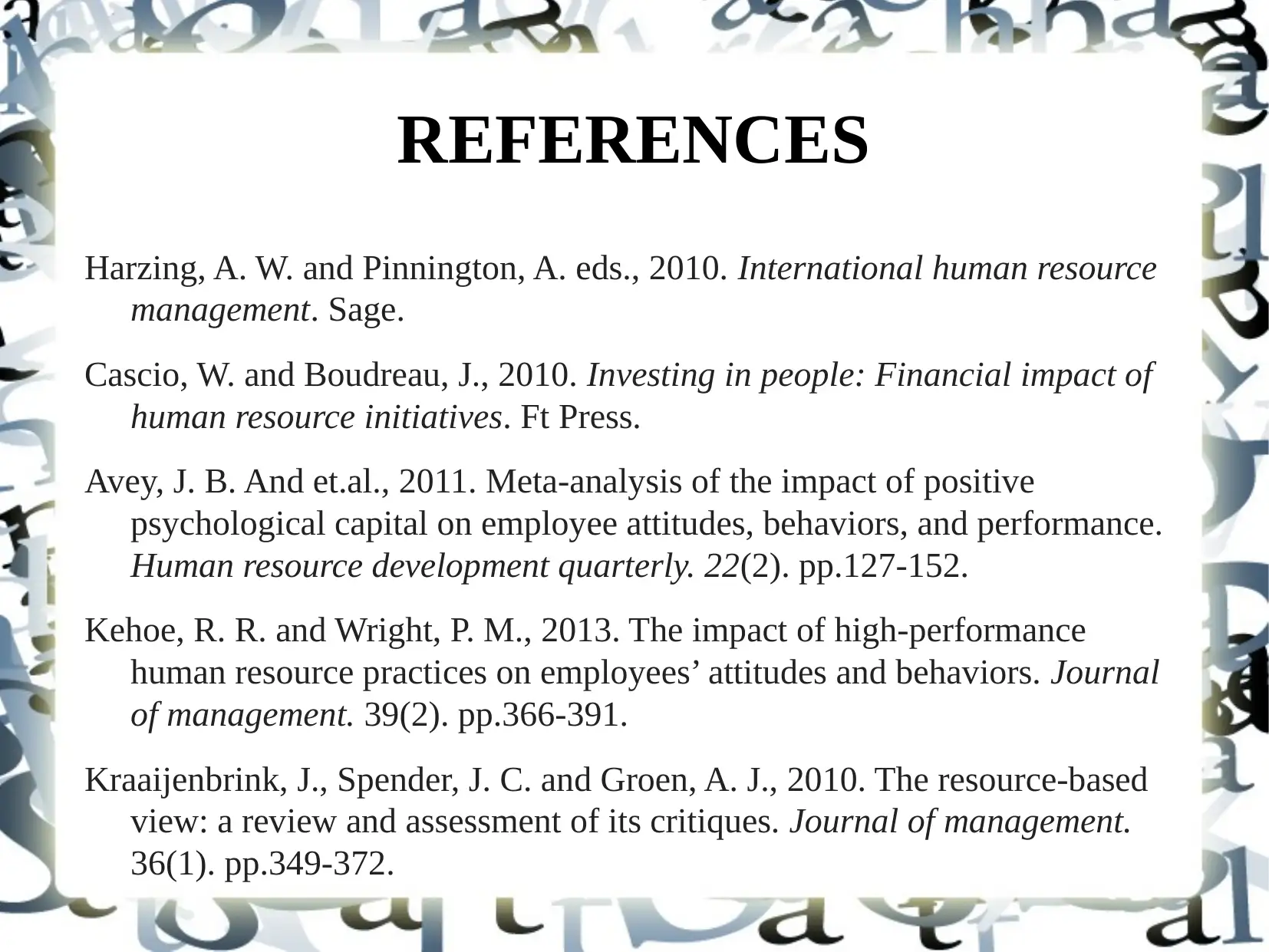







![[object Object]](/_next/static/media/star-bottom.7253800d.svg)